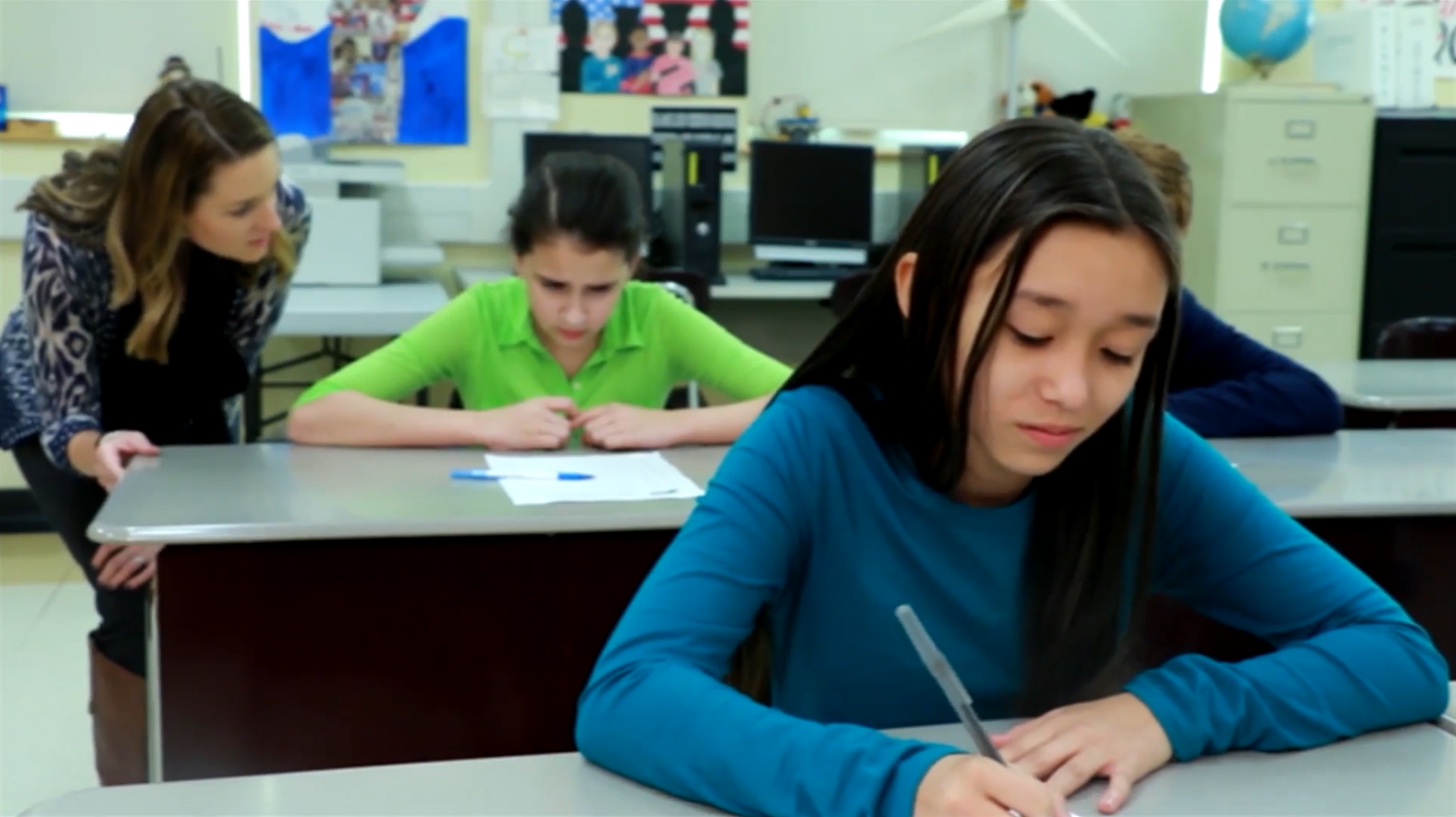Introduction
Kindergarten students are often surrounded by distractions in the classroom. Friends or classmates might make noise, act silly, or get upset, making it hard for them to focus on learning. By teaching students to ignore these distractions, educators can help them make better choices, stay focused on their work, and learn effectively. This blog post will introduce an easy-to-implement activity and discussion questions to help teachers incorporate Social-Emotional Learning principles into their classrooms.
No-Prep Activity: The Quiet Game
The Quiet Game is a simple activity that requires no preparation or materials from the educator. To play this game, have students sit in a circle and explain that the goal is to remain quiet for as long as possible. If a student makes a noise, they are out of the game. The last student remaining silent is the winner. This activity helps students practice ignoring distractions and staying calm, while also promoting self-regulation and focus.
Discussion Questions
- How did it feel to stay quiet and focused during the Quiet Game?
- What strategies did you use to help you ignore any distractions around you?
- Why is it important to stay calm and focused when others are being distracting?
- Can you think of a time when you successfully ignored a distraction in the classroom? How did it help you?
- How can we support our friends when they are struggling to ignore distractions?
Related Skills
Teaching students to ignore distractions is just one aspect of Social-Emotional Learning. Other related skills that can help students succeed in the classroom include:
- Self-regulation: Managing one’s emotions, thoughts, and behaviors effectively in different situations.
- Active listening: Paying full attention to the speaker, understanding their message, and responding appropriately.
- Empathy: Understanding and sharing the feelings of others, and being sensitive to their needs and emotions.
- Conflict resolution: Identifying and resolving disagreements in a constructive and cooperative manner.
Next Steps
Now that you have learned about teaching Kindergarten students to ignore distractions, it’s time to explore more Social-Emotional Learning skills and resources. We invite you to sign up for free sample materials at Everyday Speech, which includes lessons, activities, and videos to help you continue to support your students’ growth and development. Don’t miss this opportunity to enhance your teaching toolkit and create a more inclusive and focused learning environment for your students!






